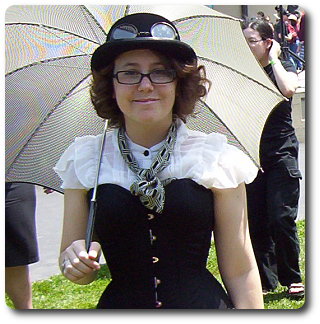Books: Grendel – John Gardner
When one thinks of the Anglo-Saxon epic Beowulf, philosophical ruminations and existential crises are not often the first things that comes to mind. However, this did not stop John Gardner, author of the novel Grendel, from completely flipping the classic on its head. This small yet intense novel tells the story of Beowulf from the point of view of Grendel: the angry, confused monster that ruthlessly attacks the mead-hall of Hrothgar, king of the Danes.
. . .
Make no mistake; although this is an analysis of Grendel’s heart, it never gives way to ridiculous sentimentalism. While we learn about Grendel’s yearning for meaning and beauty, we also come to understand his instinctual nature as a foul, hungry, nasty monster. Ambiguous sentence structure and stylizing tie in with the content to give the reader a more complete understanding of Grendel's point of view. It also makes one question his reliability as a narrator, lending another quality to his monstrous—yet eerily human—nature. Overall, the writing is beautiful, but snarky enough to maintain good characterization.
Grendel’s character does evolve and mature. In the beginning, Grendel’s life includes himself, his mother (who unlike her son has devolved into a beast and no longer speaks any language), and wild animals. His world is narrow, solipsistic, and simple. It is only when Grendel encounters humans for the first time (and is initially mistaken for a tree fungus) that he gets on the philosophical and moral roller coaster that is the rest of the book. Unlike the other creatures around him, humans are not “mechanical.” They do not simply repeat their actions over and over, but create new patterns of life. For Grendel, this is what makes them both fascinating and terrifying. The drama unfolds as he becomes more swiftly wrapped up in the world of humanity and comes to understand, and hate, the concept of beauty.
I recommend Grendel to anyone in need of some seriously dark humor or philosophical reflection. However, I also advocate doing a little bit of research on Anglo-Saxon poetry before diving into it. Gardner uses several ancient literary devices to enhance the connection to Beowulf, some of which are quite worth knowing about.
About the Reviewer:
Lady Almira Inchcombe is presently serving on the all-female crew of the H.M.S. Chronabelle, an airship docked in the San Francisco Bay Area. She is acting Weapons Specialist, Event Planner, and Book Enthusiast. A couple of years ago, she became interested in this strange thing called ‘steampunk’ and the rest is history. In her spare time, she goes by the pseudonym of Tessa, and masquerades as a student.
